'We still haven't got it right for people with disabilities,' says Leonard Cheshire chief
Clare Pelham took over the helm of Leonard Cheshire Disability three years ago. This year, she has thrust the disability charity well and truly into the spotlight with a campaign in October to put an end to 15-minute home care visits.
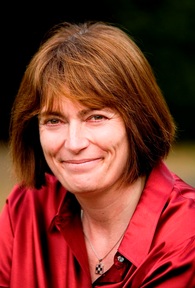
She says: “It was an amazing month. I am really proud of the work we have done on this. It got a lot of publicity and it has contributed to the Government putting an amendment on the Care Bill that the commissioning of the time of the visit has to take into account a person’s wellbeing.”
The decision to launch a campaign against “rushed and ‘unkind’ care meant the charity had to lead by example.
“We made a decision to stop bidding for 15 minute visits for personal care (except in limited circumstances, such as for medication) as it is difficult to campaign to stop things that you are part of.”
Leonard Cheshire published the report ‘Ending 15-Minute Care’ last month, revealing that nearly two-thirds of local authorities commission 15-minute visits. This is despite the fact, that it takes most of us 40 minutes to get up, wash and dress and eat breakfast, said the charity. The report found that in extreme cases, some local authorities are commissioning three-quarters of all their home care visits in 15 minutes or less.
Leonard Cheshire Disability also commissioned a survey by ComRes of 2,025 British adults, which found more than nine in ten (96 per cent) of the public backed the charity’s call for the Government to do more to support disabled people to carry out essential everyday tasks like washing, dressing and getting out of bed in the morning.
Ms Pelham admits she was “very surprised by the reaction of the public to the survey” and was “thrilled to find out that everybody was not okay with it”.
“Jeremy Hunt wrote to us to congratulate us on our report and campaign and said he wants to work with us on statutory guidance.
“The Care Bill is now on its way into the House of Commons but we are still going to press for a ban on 15 minute home care visits to be in the Bill. The problem is that councils are under financial pressure to cut the time of a visit but when you are not allowed to do it you don’t do it.”
Ms Pelham has worked in the private, the public and now the voluntary sector as prior to joining Leonard Cheshire Disability, she was the inaugural chief executive of the Judicial Appointments Commission. She also held senior civil service positions in the Cabinet Office, the Home Office and the Department of Constitutional Affairs.
Before that she was in the private sector at IBM and was a member of the Executive Committee of Coca-Cola GB & Ireland where, as director of Active Lifestyles, she was responsible for the company’s partnerships with the voluntary sector aimed at increasing participation in physical activity among young people.
“During my career I have been proud of anything I have done where I have changed somebody’s life for the better. When I worked at Coca Cola, I did a lot of work with teenagers in inner cities encouraging them to be more active.”
Her move to Leonard Cheshire, which runs 200 care services in the UK encompassing residential, home care and supported living, wasn’t deliberate.
“I wasn’t actually looking for a job at the time. I have always done volunteering and was invited to talk to a search agency about taking on a trustee role. When I was being interviewed for the trustee role, I was asked whether I had seen they were advertising for a chief executive for Leonard Cheshire. A couple of weeks later I was offered the job.
“When I was a student I volunteered at a Leonard Cheshire home so in a weird sense I feel as if I have completed a circle.”
Ms Pelham first became interested in making a difference alongside disabled people when she was at university working for the student nightline.
“A young man who was a wheelchair user rang up and he was really unhappy. It was a Saturday night when most students are out having fun and he was inside unable to go out. I had a long chat with him and it made me think about how unfair life is for some people. He was thinking of taking his own life because he was so unhappy.
“The next day I went to the library and found there was this charity called Leonard Cheshire which supports people with disabilities. So I wrote to them and they invited me to work in one of their homes in York in the holidays.
“I turned up and I was put straight in at the deep end. I was asked to give a lady a bed bath and it was the best training I could have had as because I had never done anything like that before, I asked her what to do and she told me exactly how she liked it done. I went back there recently and worked a care shift which was lovely.”
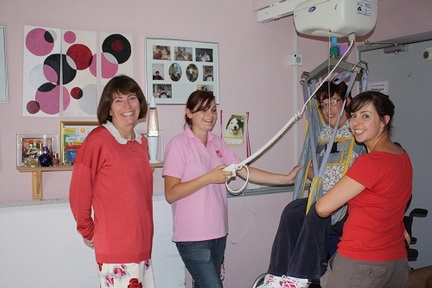
Ms Pelham seems to have got her dream job as she says: “I have always wanted to do a job where I was doing something that meant something to real people. I felt like I have a real connection to Leonard Cheshire. There is still so much to be done in making things better for disabled people. There isn’t really anyone who thinks we have got it right for people with disabilities.”
Last month, she took on another role alongside her job at Leonard Cheshire as the new chair of the umbrella disability group, VODG (Voluntary Organisations Disability Group). VODG was established in 1993 as an informal group of charity social care providers in response to the community care reforms and now has more than 70 members employing 75,000 staff with a combined turnover of more than £2.5bn.
As chair of VODG, she wants to see it impacting on policy more and says: “I do think VODG can be properly influential. We do need to be assertive on behalf of disabled people. We can’t sit there silently hoping for things to get better. But we will always be constructive. VODG is also campaigning against the 15 minute home care visits. Another big issue for VODG is the level at which people with disabilities and older people will get support according to the new national eligibility criteria.”
The Government recently announced new national eligibility criteria for the first time, setting out a minimum threshold to be introduced in 2015, on who should be offered care and support by local authorities in England.
The criteria is being introduced to put an end to the ‘postcode lottery’ which sees people all over the country facing different levels of home care costs and eligibility.
However the new national eligibility criteria has worried Ms Pelham as the national threshold being proposed is for people who are judged to have ‘substantial’ needs. She fears the new criteria has been set too high and will exclude millions of vulnerable people.
People are deemed to have substantial needs when they only have a partial choice and control over their immediate environment or in cases of abuse or neglect. Also if there is an inability to carry out the majority of personal care or domestic routines or they are unable to work, or undertake any form of education and sustain relationships.
It is an issue that VODG will be campaigning on as “the issue doesn’t seem to have been covered much by the media but we need to explain it in terms that everyone will understand”.
Ms Pelham admits that a lot has changed for people with disabilities over the last decade and says “there is a lot more acceptance now of disabled people and a lot more integration but there is still so much to be done. The Paralympics was great as the accessible transport and the crowd gave you an insight into how the world could be.”
“Leonard Cheshire recently took part in the first disability employment conference which was great. I hope that it has helped employers to think about people both with obvious disabilities but also hidden disabilities such as mental health issues.
“There is still this awful rhetoric around scroungers when it comes to people with disabilities.”
To tackle this, she would like to see more disabled people being seen as role models. “I am a great believer of mentoring. I helped to organise a project where young people with disabilities were mentored by a lot of senior women.”
In terms of the future for Leonard Cheshire, which works in 54 countries supporting disabled children and adults, she is “very ambitious”.
“We want see real inclusion in terms of people with disabilities and also provide more access. I want us to work for disabled people to have more and equal opportunities for employment and for workplaces to be fully accessible.”
Interesting facts
What was your first job: Babysitter
What is your favourite book: Cold Comfort Farm by Stella Gibbons
What is your favourite film: Dr Zhivago
What is your favourite piece of music: ‘Love and affection’ by Joan Armatrading
What is the best present you have received: When my daughter was a teenager she saved up her money and bought me a brooch
What was your last holiday: Devon
Latest Profiles News
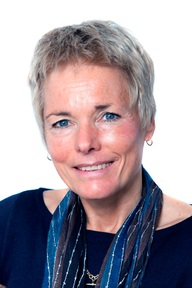 05-Sep-16
Being chief executive of a care home provider is a 'huge responsibility and privilege'
05-Sep-16
Being chief executive of a care home provider is a 'huge responsibility and privilege'
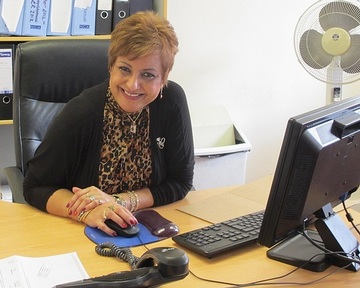 31-Mar-15
Profile: 'Both local and national Government needs to put its money where its mouth is,' says chair of the National Care Association
31-Mar-15
Profile: 'Both local and national Government needs to put its money where its mouth is,' says chair of the National Care Association
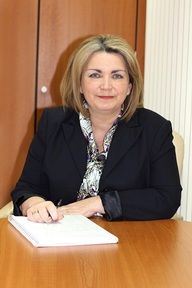 16-Dec-14
Profile: Care home turnaround specialist reveals some of the tricks of the trade
16-Dec-14
Profile: Care home turnaround specialist reveals some of the tricks of the trade
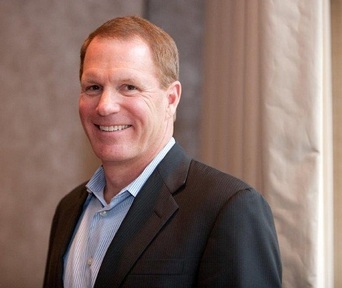 01-Dec-14
Profile: ‘People should not be dreading going into a care home – they should be looking forward to it,’ says care home boss
01-Dec-14
Profile: ‘People should not be dreading going into a care home – they should be looking forward to it,’ says care home boss
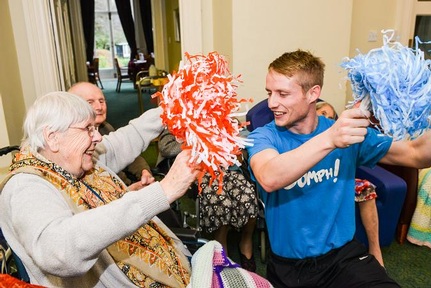 07-Oct-14
Exercise is key to 'changing the care sector' says provider of exercise therapy in care homes
07-Oct-14
Exercise is key to 'changing the care sector' says provider of exercise therapy in care homes